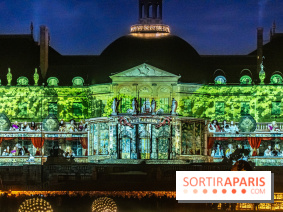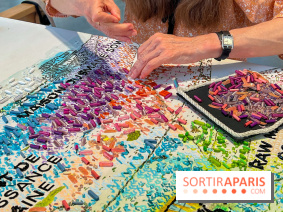The Prison de la Bastille (Bastille Prison ) was a large fortress dating back to the 14th century, which stood on the site of today's Place de la Bastille. Originally a fortified castle, it later became a prison and was demolished during the French Revolution of 1789, during a well-known historical event: the storming of the Bastille. Contrary to popular belief, the July column that now stands there does not commemorate the French Revolution marked by the storming of the Bastille, but rather that of 1830.
But what remains of it today? On the square, if you look carefully at the ground, you'll notice some cobblestones whose layout stands out from the rest: they outline the site of the former fortress. On a building in the IVth arrondissement, a plaque reveals the position of the fortress in relation to the current plan. But to discover the remains of the Bastille Prison, you'll have to go to Square Henri-Galli, located near the quays of the Seine along Boulevard Henri IV.
This is where you'll see a stone base. It's that of one of the towers of the Bastille Prison, then known as the " Tour de la Liberté". However, the corner in which this remains stands today does not mark the tower's original location. The foundations of the Freedom Tower were moved here after being uncovered during the creation of metro line 1. Originally located under rue Saint-Antoine, the ground markings at number 1 indicate its location.
But what do we know about this tower? In terms of dimensions, it must have been 24m high, 10m in diameter and 5 storeys high. The Marquis de Sade stayed on the 2nd floor, and the first floor may well have been a torture chamber. The origin of its name, Tour de la Liberté, is unknown: some sources suggest that it was a sarcastic nickname, while others attribute it to the hypothesis that the prisoners in this tower enjoyed more freedom than the others.
To take things a step further, the Musée Carnavalet in the heart of Paris boasts the world's largest collection on the French Revolution , as well as numerous relics and reproductions of the Bastille. Bonus: this cultural venue is free!



 Musée Carnavalet, Paris's oldest museum dedicated to the capital's history
Musée Carnavalet, Paris's oldest museum dedicated to the capital's history
The Musée Carnavalet invites you to discover the history of the capital. Discover what awaits you in Paris' oldest museum, which has the advantage of being free... [Read more]
And finally, here's what the Bastille prison originally looked like:
What to do in the Bastille and Roquette districts: Our tips and best addresses
Follow the guide to discover all there is to see in the Bastille and Roquette districts! [Read more]
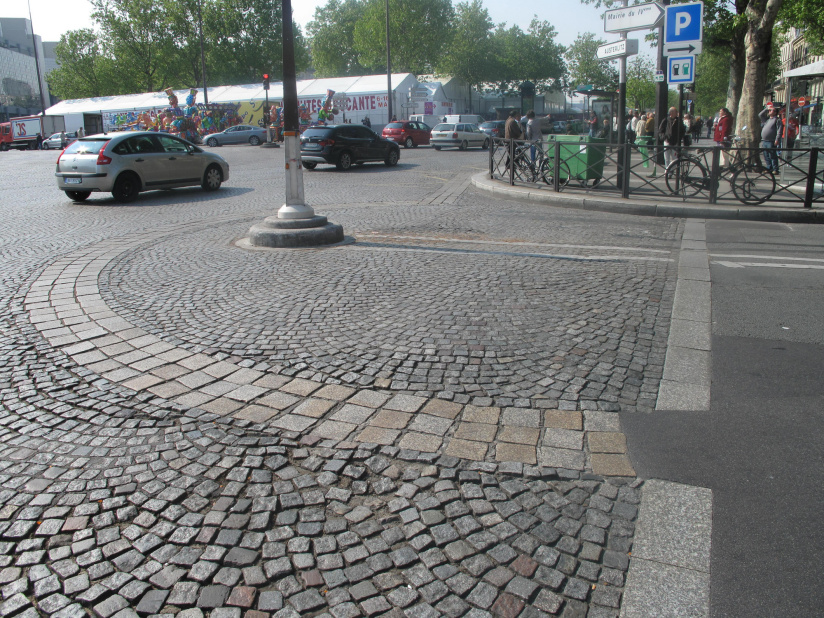









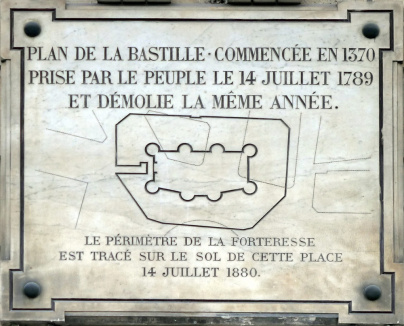

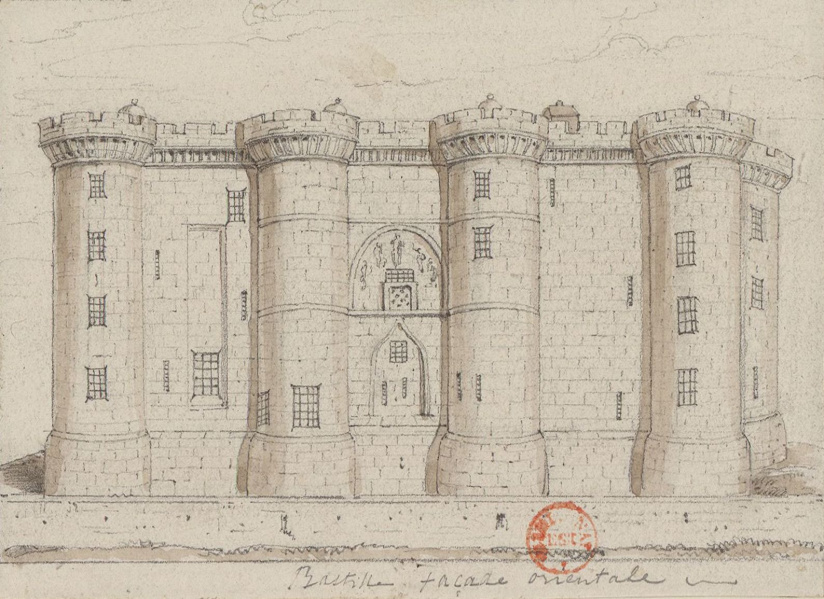






 What to do in the Bastille and Roquette districts: Our tips and best addresses
What to do in the Bastille and Roquette districts: Our tips and best addresses







